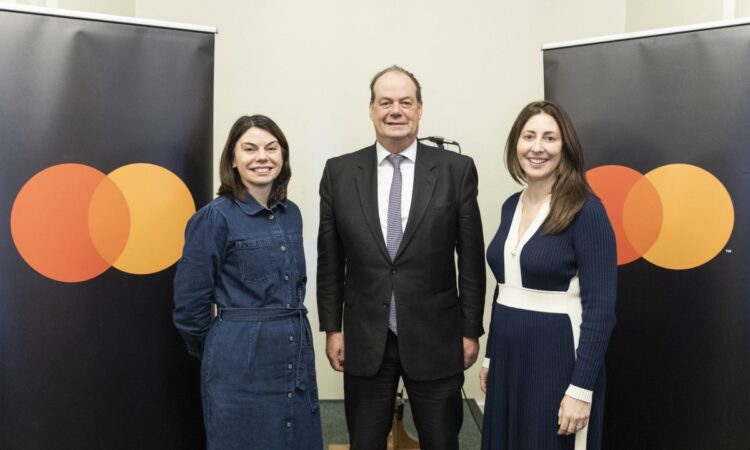
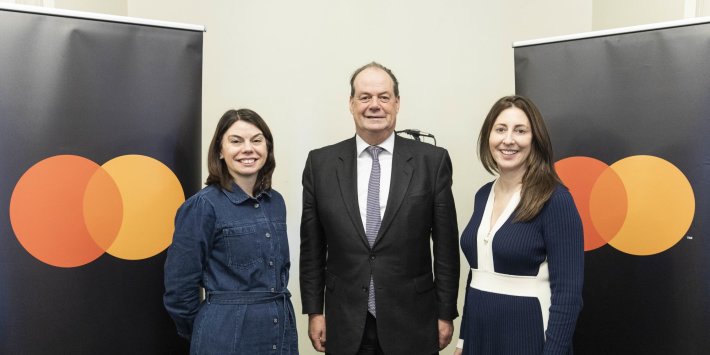
All political parties believe that innovation can be a key driver of economic growth. A recent parliamentary event gave MPs and peers a chance to hear more about a major new Mastercard report focused on how payments and fintech innovation is driving inclusive growth and hear firsthand from some of the exciting small businesses that are powering change.
The UK is a global leader in financial technology (fintech) but continued sector growth will require clarity, strategy, and leadership.
That was the key message to emerge from a recent parliamentary event that brought together financial sector leaders, MPs, peers, and small businesses to look at ways to support growth across the UK’s burgeoning fintech sector.
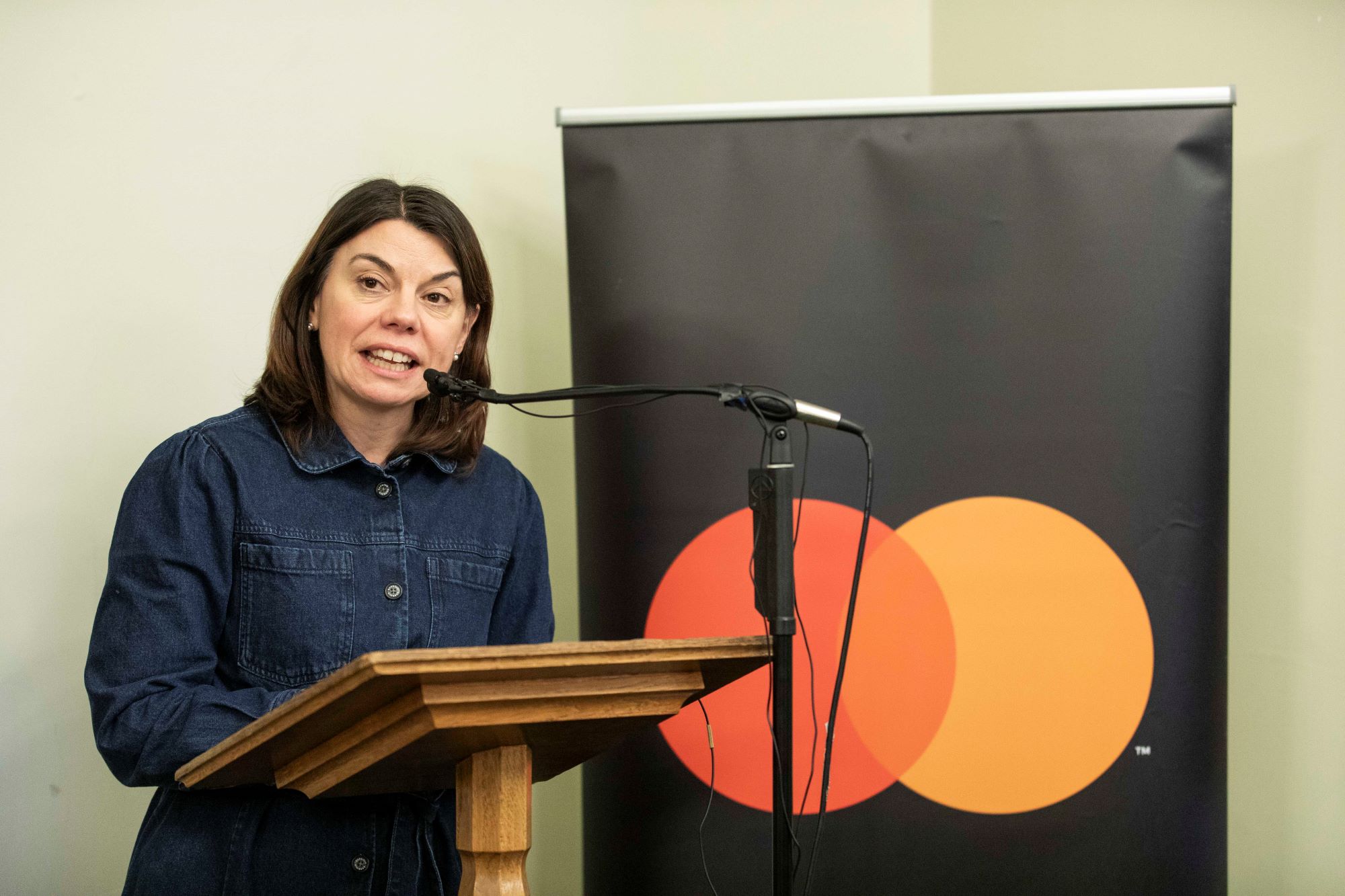 The event was hosted by Liberal Democrat spokesperson for Treasury and Business Sarah Olney MP. It provided parliamentarians with an opportunity to meet the innovative small businesses that are developing products and services, supporting the UK’s transition to net zero, and reaching new and underserved consumers.
The event was hosted by Liberal Democrat spokesperson for Treasury and Business Sarah Olney MP. It provided parliamentarians with an opportunity to meet the innovative small businesses that are developing products and services, supporting the UK’s transition to net zero, and reaching new and underserved consumers.
“I regularly meet with organisations that emphasise the importance of continuing to see innovation in the UK economy,” Olney explained as she welcomed people to the event. “Innovation will create jobs, it will stimulate economic growth, and it will generate prosperity across the UK.”
Mastercard: Get Britain Growing from Dods Events on Vimeo.
Mastercard HoC from Dods Events on Vimeo.
Nowhere is the transformational potential of innovation more apparent than in the UK’s flourishing fintech and payments sector.
“Innovation is helping us in our transformation towards a greener digital economy, with fintech in particular playing a critical role,” Olney told attendees. “Last year, the average fintech grew by 20%, making the UK one of the world’s leading economies for growth in this sector. It is so important that we continue to nurture these businesses.”
Olney went on to argue that there is a pressing need for more national leadership and coordination that recognises the importance of fintech within a wider industrial strategy.
“We need the government to work hand-in-hand with the private sector to ensure that our economy does not just grow but thrives in a sustainable way,” she told the event.
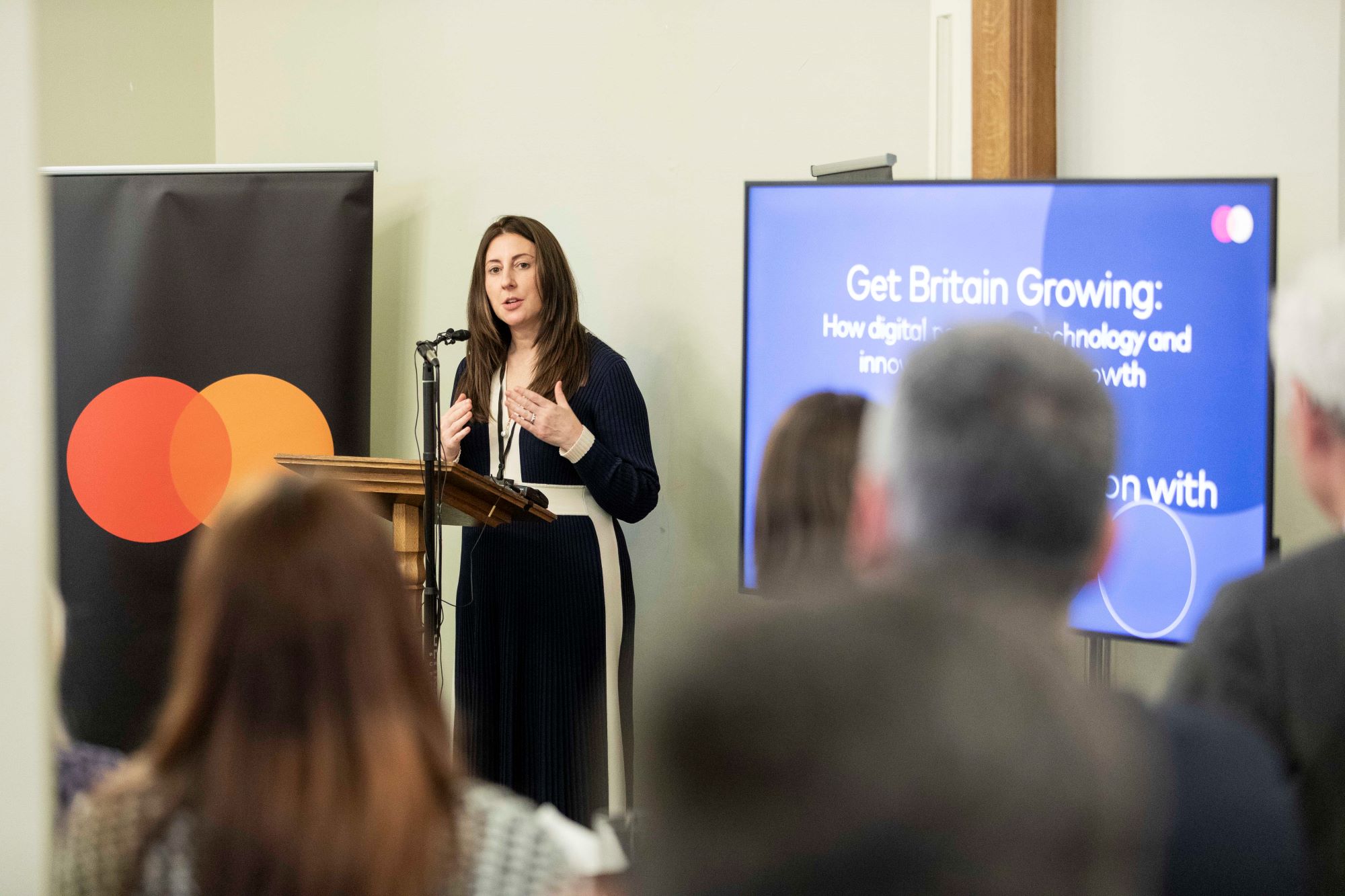 Olney’s views were echoed by Kelly Devine, UK and Ireland President at Mastercard, who commissioned the report.
Olney’s views were echoed by Kelly Devine, UK and Ireland President at Mastercard, who commissioned the report.
Devine began by reminding attendees just how rapidly the sector has developed.
“The then-Chancellor gave his first-ever speech on fintech just ten years ago,” she told the gathering. “Now we have a fintech sector in the UK with digital payments technology at its foundation that includes 1600 companies, employs more than 76,000 people, and contributes £11 billion to the UK economy each year.”
Whilst the numbers are impressive, what Devine also highlighted was the impact that those businesses are having on individual consumers and communities across the UK.
“This is fundamentally about how we can make people’s lives better,” she said. “That sentiment is at the heart of the policy programme that we launched last year – Get Britain Growing.”
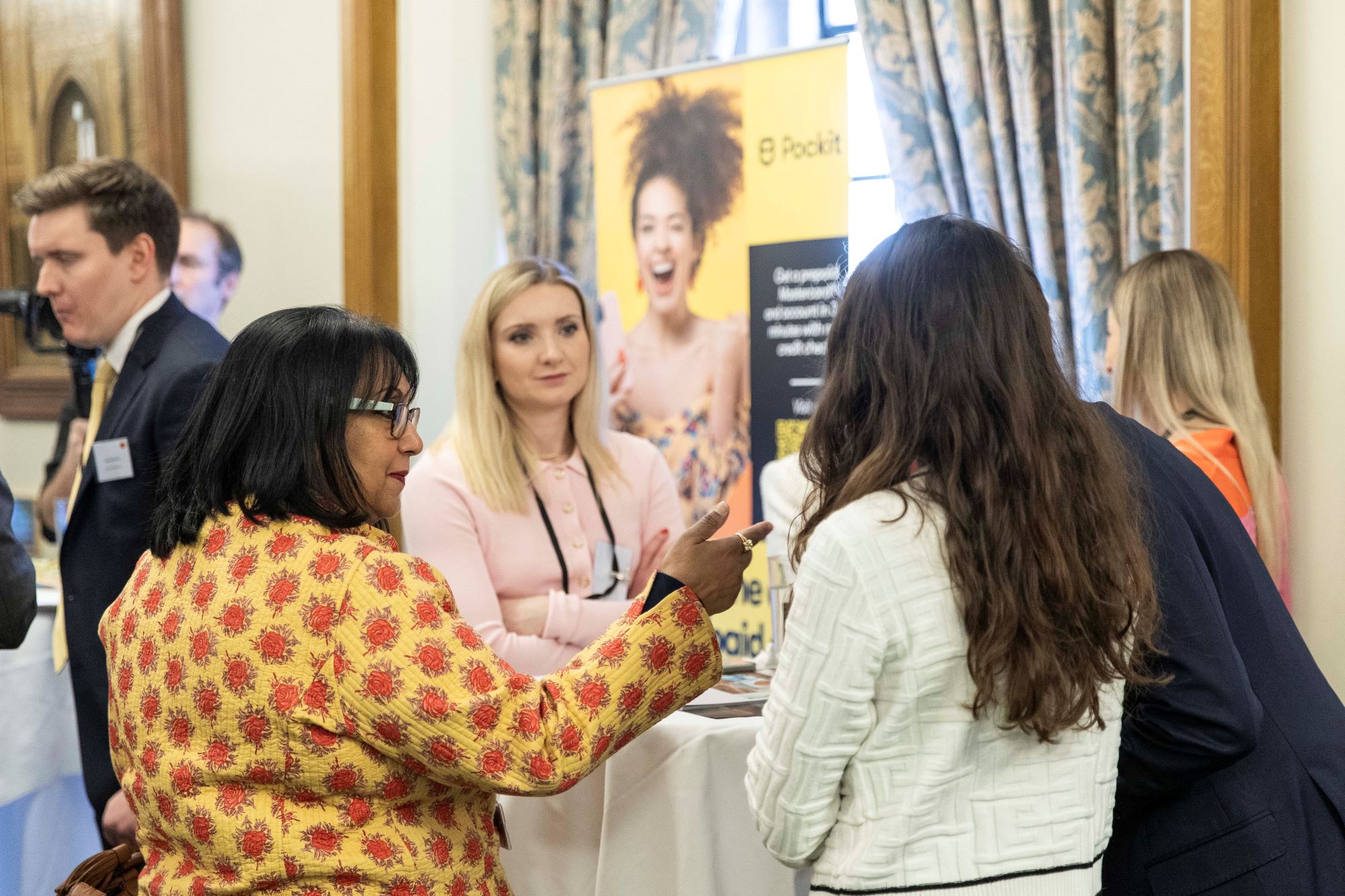 As part of the Get Britain Growing programme, Mastercard, working with fintechs, industry, business, and consumer experts, has authored three policy reports covering the role of digital payments technology and innovation in driving financial inclusion, supporting small businesses, and powering the UK’s future economy including the fintech sector and the transition to net zero.
As part of the Get Britain Growing programme, Mastercard, working with fintechs, industry, business, and consumer experts, has authored three policy reports covering the role of digital payments technology and innovation in driving financial inclusion, supporting small businesses, and powering the UK’s future economy including the fintech sector and the transition to net zero.
Taken together, they provide a roadmap for policymakers and industry to work together to boost economic growth, raise productivity, and create prosperity. Across the three reports, the need for leadership and coordination emerges as a cross-cutting theme.
“Policymakers have a vital part to play in setting the strategy, ensuring a coherent approach, and making sure that industry has the support and infrastructure that it needs,” Devine said. “And of course, industry must innovate.”
Fintechs at the forefront of this innovation were in attendance, along with Bankers for Net Zero, the British Chambers of Commerce, and Innovate Finance. Parliamentarians were able to speak to businesses that Mastercard is partnering with like Pockit which is creating access to financial services for the unbanked, ekko who are harnessing customers’ spending power to support the fight against climate change, and Science Card where transactions contribute to scientific research.
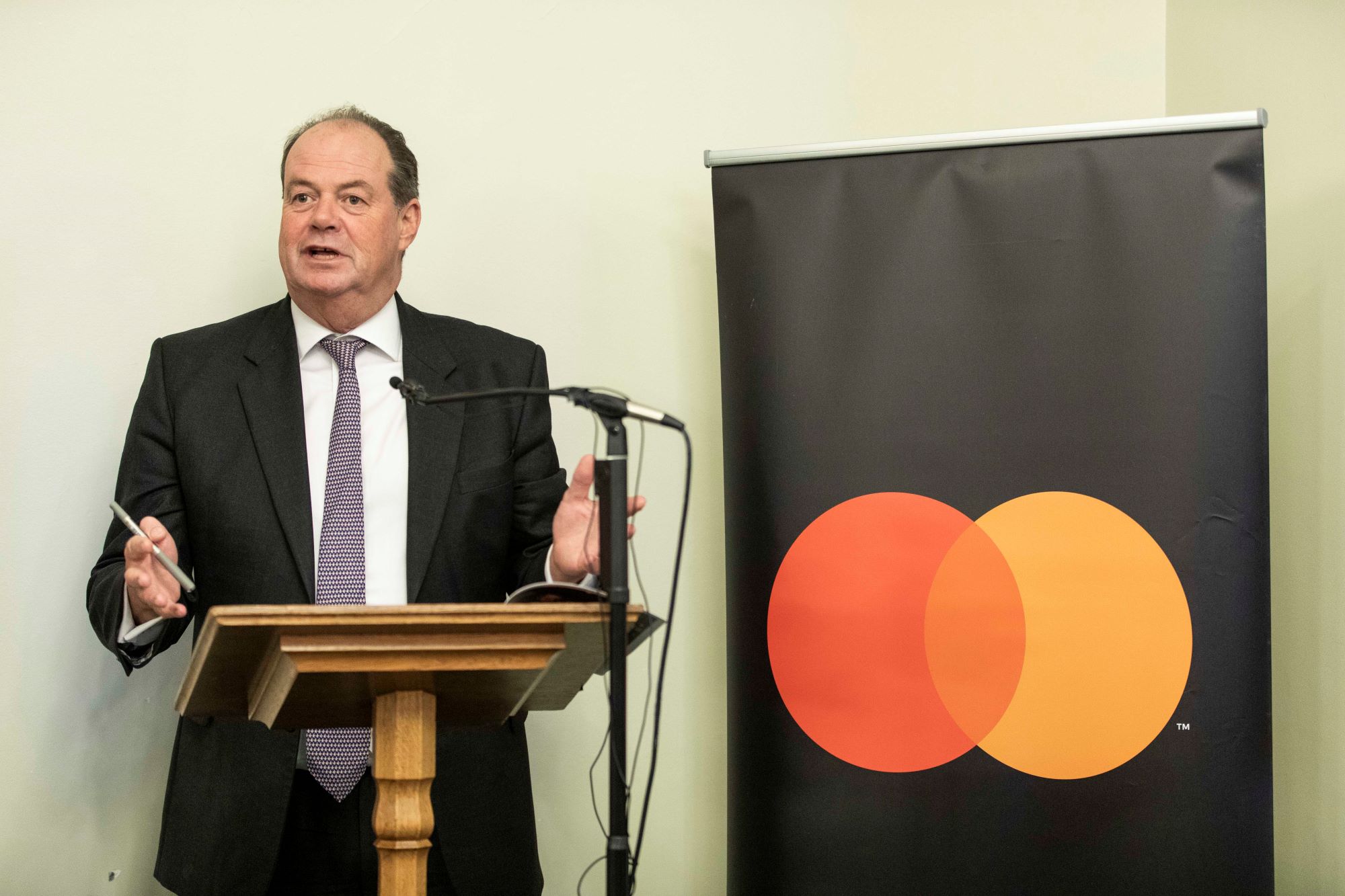 Conservative MP Stephen Hammond, who sits on the influential Treasury Select Committee, also welcomed the work that Mastercard is leading, highlighting the importance of a UK Fintech sector that he described as “one of the most important new sectors that we’ve had in the last 10 to 15 years.”
Conservative MP Stephen Hammond, who sits on the influential Treasury Select Committee, also welcomed the work that Mastercard is leading, highlighting the importance of a UK Fintech sector that he described as “one of the most important new sectors that we’ve had in the last 10 to 15 years.”
Like Olney and Devine, he believes that key to helping the sector thrive must be close collaboration between industry, government, and regulators.
“If we’re going to really grow the fintech sector and make digital payment systems transformational, we need the public and the private sectors, not just to coexist, but to work more closely together,” he explained.
Hammond supported the calls from other speakers for a comprehensive framework to be put into place.
“It is key that we have a national strategy for fintech if we want to be the world leader in this space,” he concluded. “If Britain is to get growing, Britain has to have the best payment systems in the world and we have to embrace technology.”
The UK is already established as a world leader in fintech. Now, the challenge to policymakers will be finding ways to create the conditions to continue that journey, boosting growth, increasing productivity, and benefiting consumers.
PoliticsHome Newsletters
Get the inside track on what MPs and Peers are talking about. Sign up to The House’s morning email for the latest insight and reaction from Parliamentarians, policy-makers and organisations.







